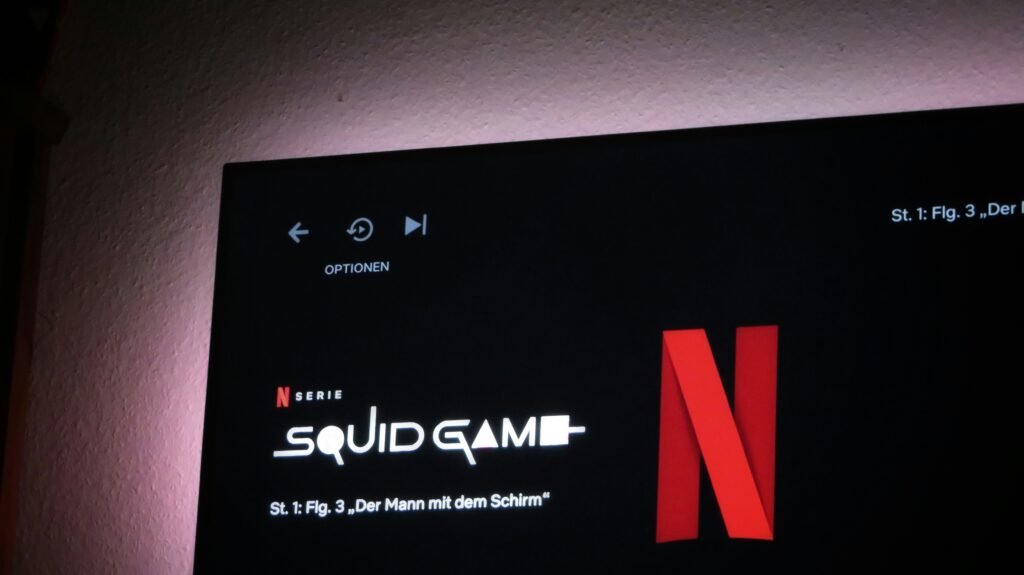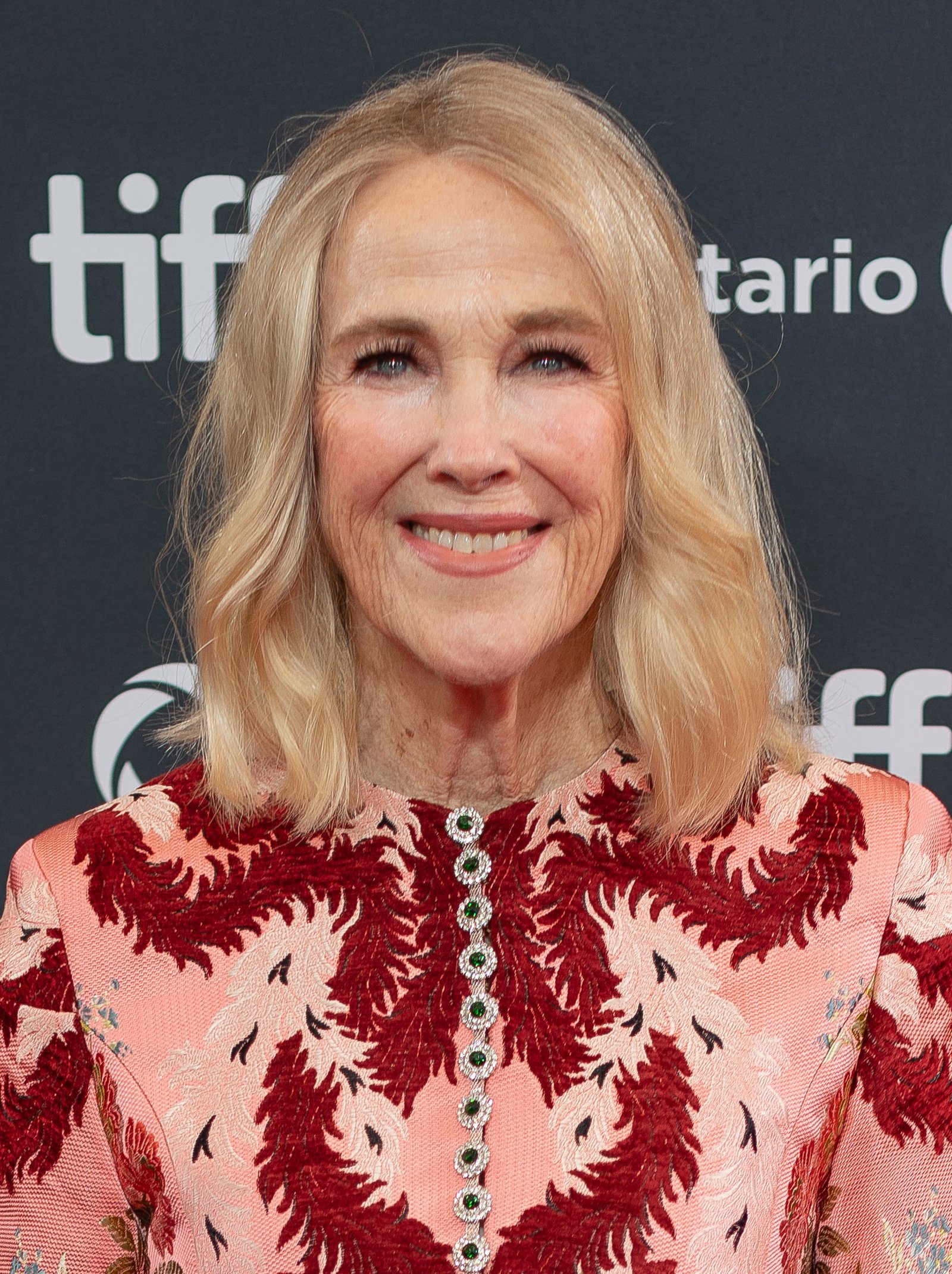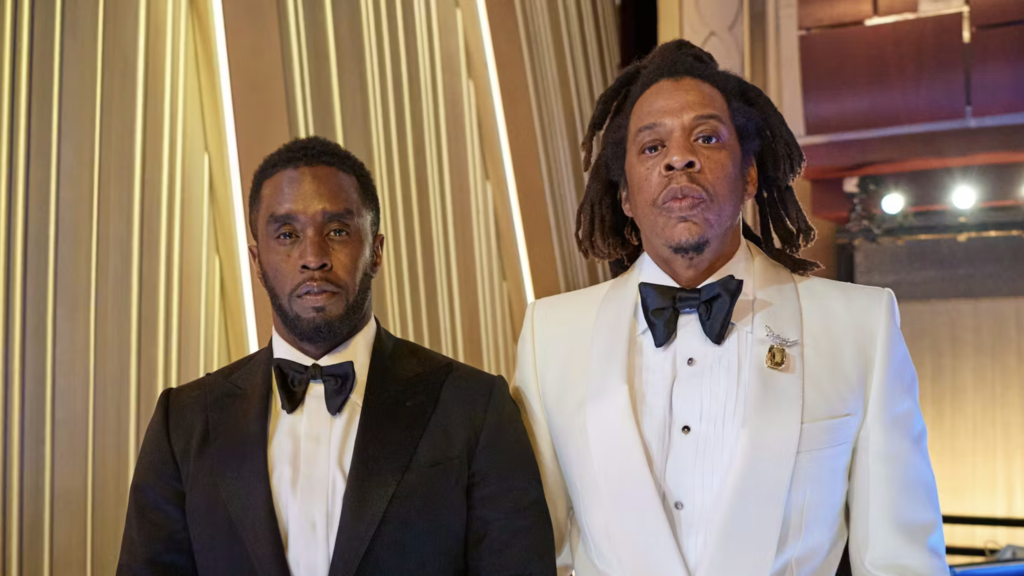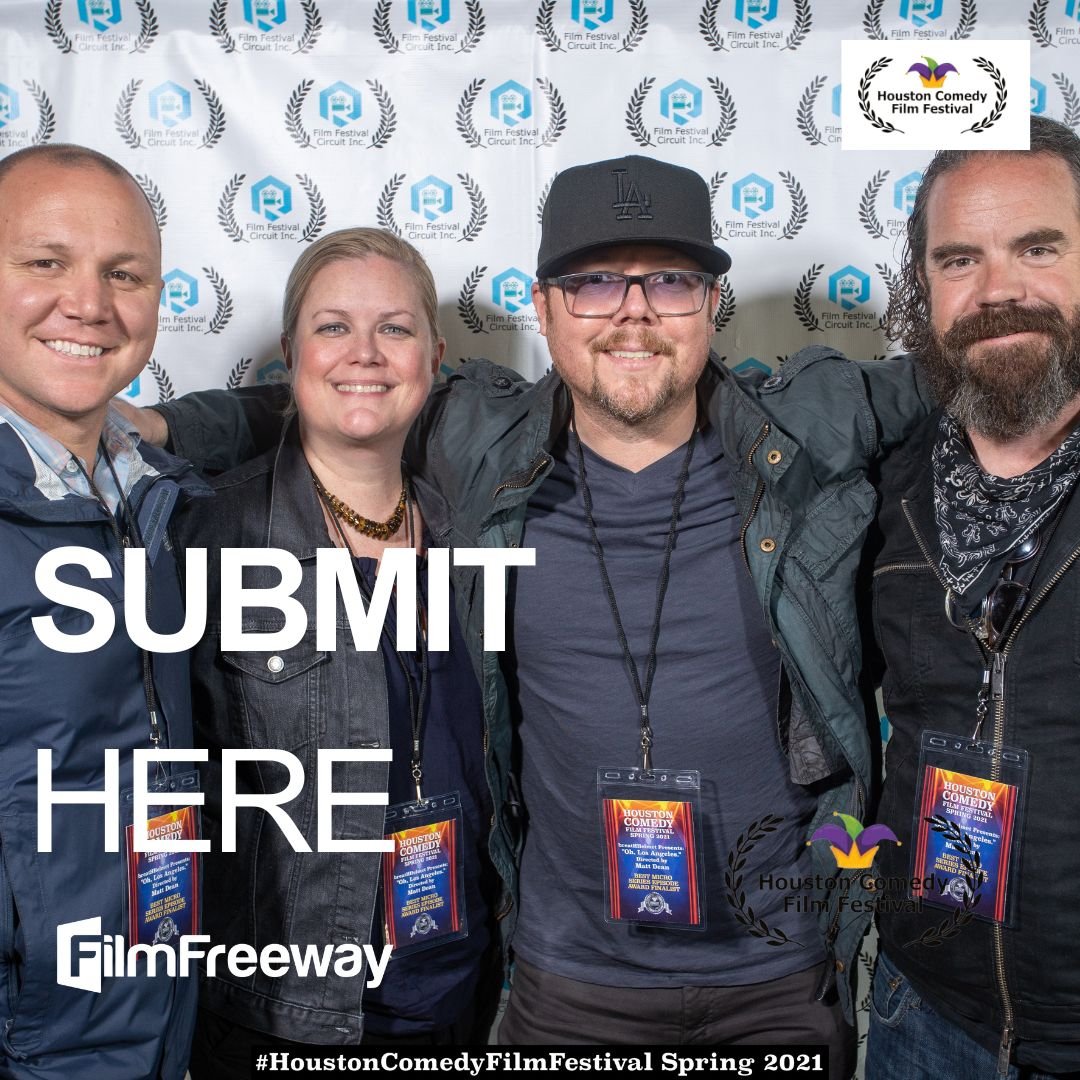News
5 Surprising Facts About Rosa Parks
Today marks the 112th birthday of Rosa Parks, the iconic civil rights activist whose defiant act on a Montgomery bus in 1955 became a catalyst for the Civil Rights Movement. While many know Parks for this singular moment, her life was filled with remarkable acts of courage and dedication to justice that span decades.

A Lifetime of Activism
Born on February 4, 1913, in Tuskegee, Alabama, Rosa Parks began her fight against racial injustice long before her famous bus protest. In 1943, she joined the Montgomery chapter of the NAACP, serving as its secretary. This role was far from ceremonial; Parks traveled throughout Alabama, documenting stories of discrimination and interviewing victims of racial injustice.
Legal Pioneer and Investigator
Parks’ work with the NAACP involved groundbreaking legal efforts. She played a crucial role in investigating the gang-rape of Recy Taylor, a case that shed light on the systemic sexual assault of Black women. This work helped lay the foundation for future civil rights organizing and brought national attention to issues often overlooked.
The Outkast Lawsuit: Standing Up in a New Era
In a surprising turn of events later in life, Parks demonstrated that her willingness to stand up for her rights extended beyond civil rights issues. In 1999, she filed a lawsuit against the hip-hop group Outkast for using her name without permission in their song title “Rosa Parks”. This legal action, settled in 2005, showed that Parks remained vigilant in protecting her legacy and rights well into her later years.

Lifelong Commitment to Change
Parks’ activism didn’t end with the Civil Rights Movement. She continued her work for social justice throughout her life, working in U.S. Representative John Conyers’ office in Detroit and participating in anti-Vietnam protests. She also established a scholarship foundation that educated young people about civil rights history through tours of significant sites in the South.

Beyond the Tired Narrative
Contrary to the popular narrative that Parks was simply tired when she refused to give up her bus seat, she was a strategic and trained activist in nonviolent protest[4]. Her famous words, “The only tired I was, was tired of giving in,” reveal the deliberate nature of her actions and the depth of her commitment to fighting injustice.
A Multifaceted Legacy
Parks’ contributions extended beyond civil rights. She served on the board of Planned Parenthood, advocating for women’s health and reproductive rights. Her dedication to various causes earned her numerous honors, including the Congressional Gold Medal and the Presidential Medal of Freedom.

Bolanle Media covers a wide range of topics, including film, technology, and culture. Our team creates easy-to-understand articles and news pieces that keep readers informed about the latest trends and events. If you’re looking for press coverage or want to share your story with a wider audience, we’d love to hear from you! Contact us today to discuss how we can help bring your news to life
Entertainment
What Epstein’s Guest Lists Mean for Working Filmmakers: Who Do You Stand Next To?

Jeffrey Epstein was a convicted sex offender, but for years after his 2008 conviction, he still moved comfortably through elite social circles that touched media, politics, finance, and film culture. His calendars, contact books, and guest lists show a pattern: powerful people kept accepting his invitations, attending his dinners, and standing beside him, even when they knew exactly who he was.
If you make films, run festivals, or work in development and distribution, this isn’t just a political scandal on the news. It’s a mirror. It forces one uncomfortable question: do you truly know what – and who – you stand for when you say yes to certain rooms, collaborators, and funders?

The guest list is a moral document
Epstein didn’t just collect money; he collected people.
His power came from convening others: intimate dinners, salon‑style gatherings, screenings, and trips where being invited signaled that you were “important enough” to be in the room. Prestige guests made him look respectable; he made them feel chosen.
Awards‑season publicists and event planners played a crucial role in that ecosystem. For years, some of the same people who curated high‑status screenings and industry dinners also opened the door for Epstein, placing him in rooms with producers, critics, cultural figures, and politicians. They controlled the lists that determined who got close to money, influence, and decision‑makers.
When those ties became public, companies that had long benefitted from those curated lists cut certain publicists off almost overnight. One day they were trusted architects of taste and access; the next day they were toxic. That whiplash exposes the truth: guest lists were never neutral logistics. They were moral documents disguised as marketing strategy.
If you’re a filmmaker or festival director, the same is true for you. Every invite list, every VIP pass, every “intimate industry mixer” quietly answers a question:
- Who are you willing to legitimize?
- Who gets to bask in the glow of your platform, laurels, and audience?
- Whose history are you willing to overlook because they’re “good for the project”?
You may tell yourself you’re “just trying to get the film seen.” Epstein’s orbit shows that this is exactly how people talk themselves into standing next to predators.

“I barely knew him”: the lie everyone rehearses
After Epstein’s 2019 arrest and death, a familiar chorus started: “I barely knew him.” “We only met once.” “It was purely professional.” In case after case, logs, calendars, and emails told a different story: repeated meetings, trips, dinners, and years of social overlap.
This isn’t unique to Epstein. Our industry does the same thing whenever a powerful director, producer, or executive is finally exposed. Suddenly:
- The person was “always difficult,” but nobody quite remembers when they first heard the stories.
- Collaborators swear they had no idea, despite years of rumors in green rooms, writers’ rooms, and hotel bars.
- Everyone rushes to minimize proximity: one film, one deal, one panel, one party.
Sometimes that’s true. Often it’s a script people have been rehearsing in their heads for years, just in case the day came when they’d need it.
So ask yourself now, before any future scandal:
- If every calendar entry and email around a controversial figure in your orbit were revealed tomorrow, would your values be obvious?
- Would your words and actions show someone wrestling with the ethics and drawing lines, or someone who stood for nothing but opportunity and a good step‑and‑repeat photo?
Your future statement is being written today, in the rooms you choose and the excuses you make.
Power, access, and the cost of staying in the room
People kept going to Epstein’s dinners and accepting his calls after his conviction because he was useful. He made introductions between billionaires and politicians, intellectuals and media figures, donors and institutions. Being in his network could mean access to funding, deals, prestige, and proximity to other powerful guests.
If that dynamic feels uncomfortably familiar, it should. In film and TV, you know this pattern:
- A producer with a reputation for abusive behavior who still gets projects greenlit.
- A financier whose source of money is murky but opens doors.
- A festival VIP everyone whispers about but no one publicly confronts because they bring stars, sponsors, or press.
The unwritten deal is the same: look away, laugh it off, or stay quiet, and in return you get access. What Epstein’s guest lists reveal is how many people accepted that deal until the public cost became unbearable.
The question for you is simple and brutal: how much harm are you willing to tolerate in exchange for access to power? If the answer is “more than I’d admit out loud,” you’re already in the danger zone.
Building your own red lines as a filmmaker
You cannot control every person who ends up in your orbit. But you can refuse to drift. You can decide in advance what you will and will not normalize. That means building your own red lines before there’s a headline.
Some practical commitments:
- Write down your “no‑platform” criteria
Don’t wait until a scandal explodes to decide what’s unacceptable. Define the patterns you will not align with:- Repeat, credible allegations of abuse or harassment.
- Past convictions for sexual exploitation or violence.
- Documented histories of exploiting young or vulnerable people in professional settings.
This doesn’t mean trial‑by‑rumor. It means acknowledging there are lines you simply will not cross, no matter how good the deal looks.

- Interrogate the rooms you’re invited into
Before you say yes to that exclusive dinner, private screening, or “small circle of VIPs,” ask:- Who is hosting, and what are they known for?
- Who else will be there, and what’s their pattern of behavior?
- Is this room built on genuine artistic community, or on quiet complicity around someone with power and a bad history?
When you feel that knot in your stomach, treat it as information, not an inconvenience.
- Bake ethics into your company or festival policy
If you run a production company, collective, or festival, put your values in writing:- How do you respond to credible allegations against a guest, juror, funder, or staff member?
- What is your process for reviewing partnerships and sponsorships?
- Under what conditions will you withdraw an invitation or return money?
This won’t make you perfect, but it forces you to act from a standard rather than improvising around whoever seems too powerful to offend.
- Use the “headline test”
Before you agree to a collaboration or keep showing up for someone whose reputation is rotting, imagine a future article that simply lays out the facts:
“Filmmaker X repeatedly attended private events hosted by Y after Y’s conviction and multiple public allegations.”
If seeing your name in that sentence makes you flinch, believe that feeling. That’s your conscience trying to speak louder than your ambition.

The question you leave your audience with
Epstein’s guest lists are historical artifacts, but they are also warnings. They show what an ecosystem looks like when hundreds of people make the same small compromise: “I’ll just go to this one dinner. I’ll just take this one meeting. I’ll just look the other way one more time.”
One man became a hub, but it took a whole web of people choosing access over integrity to keep him powerful. His documents don’t only reveal who he was; they reveal who others decided to be around him.
You may never face a choice as stark as “Do I have dinner with Jeffrey Epstein?” But you are already facing smaller versions of that question:
- Do I keep working with the person everyone quietly warns newcomers about?
- Do I take money from the funder whose business model depends on exploitation?
- Do I invite, platform, and celebrate people whose presence makes survivors in the room feel less safe?
You will not be able to claim you “didn’t know” about every name in your orbit. But you can decide that when you learn, you act. You can decide that your guest lists, your partnerships, and your presence in the room will mean something.
Because in the end, your career is not only made of films and laurels. It is made of the rooms you chose and the people you stood next to when it mattered.
News
Catherine O’Hara: The Comedy Genius Who Taught Us That Character Is Everything

When Catherine O’Hara died on Friday, January 30, after a brief illness at age 71, the tributes flooded social media with a single recurring theme: she made it look effortless. Whether playing a pretentious Manhattan artist in Beetlejuice, a frantic mother in Home Alone, or the gloriously unhinged Moira Rose in Schitt’s Creek, O’Hara possessed that rare ability to make absurdity feel grounded, eccentricity feel human, and comedy feel like truth.
But those who worked with her knew the secret. It wasn’t effortless at all. It was the result of five decades spent honing a singular craft: building characters so truthful from the inside out that audiences believed in them completely, no matter how ridiculous they became.
“Catherine’s so good, maybe too good,” Tim Burton once said. “She works on levels that people don’t even know. I think she scares people because she operates at such high levels.”
For filmmakers, O’Hara’s career offers a masterclass in what acting can be when intelligence, empathy, and fearlessness converge.
The Philosophy: Comedy Born from Truth
O’Hara’s approach to comedy was deceptively simple: find the emotional truth of a character, then let humor emerge organically from that foundation.
“I don’t think you can help but draw from yourself, especially if you’re doing improv,” she explained. “It’s all you have, that hard drive that’s in there that you can pull from. At the same time you can also play with, ‘Would I look like this? Would I say that?’”
This wasn’t comedy as joke-telling. It was comedy as character study, requiring the same rigor dramatic actors bring to their roles. She researched accents, studied physical mannerisms, and built entire backstories for characters who might only appear on screen for minutes. “Comedy emerges from truthful reaction rather than forced humor,” O’Hara explained throughout her career. This principle guided her from SCTV in the 1970s through her Emmy-winning performance as Moira Rose nearly 50 years later.
Moira Rose: The Role That Changed Everything
When Schitt’s Creek premiered in 2015, Catherine O’Hara was 61—an age when Hollywood typically writes women off as irrelevant. Instead, she created Moira Rose, a character so wildly original that she spawned thousands of memes and a devoted global following.
Central to Moira’s appeal was her “unrecognizable accent”—a bizarre amalgamation of Audrey Hepburn’s diction, Marilyn Monroe’s breathiness, Canadian upper-class dialect, and random British affectations. “It’s how people speak when they want to reinvent themselves over and over again!” O’Hara explained.
But the accent wasn’t just a quirk—it was characterization. Moira uses language as armor, maintaining superiority while hiding insecurity. O’Hara based her on women who “out of insecurity and pride, create new personas whole cloth.“
Dan Levy, who co-created Schitt’s Creek, understood what he’d captured:
“She has singlehandedly upholded the idea of what an older female character can be. So to be able to be a part of this with Catherine O’Hara at this point in her life, and show the world that there is nothing, nothing funnier than a woman over 50—that is the joy.”
O’Hara won the Emmy for Outstanding Lead Actress in a Comedy Series in 2020—her first acting Emmy after decades of nominations. She also won a Golden Globe and SAG Award, cementing Moira Rose as her defining role for a new generation.
The Christopher Guest Legacy
If you want to understand O’Hara’s genius, watch A Mighty Wind (2003), Christopher Guest’s mockumentary where O’Hara delivered her most emotionally complex film performance. As folk singer Mickey Crabbe reuniting with her former romantic partner, she balances dry humor with genuine pathos. The climactic performance of “A Kiss at the End of the Rainbow” is simultaneously ridiculous and deeply moving.
“It is ridiculous. It is funny. And it might just make you cry a little too,” the New York Times observed.
After her death, Guest issued a simple statement: “I am devastated. We have lost one of the comic giants of our age.”
Home Alone and the Emotional Anchor
While Home Alone (1990) is remembered for Macaulay Culkin’s physical comedy, O’Hara provided the film’s emotional spine. As Kate McCallister, the mother who accidentally leaves her son behind, she gave audiences permission to care about what could have been purely comedic.
Her performance operates on two levels: the frantic comedy of a mother realizing mid-flight that she’s forgotten her child, and the genuine desperation of a woman willing to hitchhike across the country to get home. She made the film believable and, at its heart, about maternal love.
Macaulay Culkin’s tribute after her death was brief but devastating: “Mama. I thought we had time.”
The Woman Behind the Characters
O’Hara met production designer Bo Welch on Beetlejuice in 1987. Tim Burton played matchmaker, telling Welch to ask her out. They married in 1992 and remained together for 33 years, welcoming two sons. “We’ve been through some dangerous times in our marriage, and thank God we both just really wanted to work on it and stay married,” she told People in 2024.
This February, they walked the red carpet together at the Beetlejuice Beetlejuice premiere—a full-circle moment for a relationship born on the original film’s set.
What She Leaves Behind
Catherine O’Hara’s career spanned five decades, from SCTV sketches quoted by comedy nerds to Tim Burton films defining a generation’s aesthetic, to mockumentaries studied by film students, to a Canadian sitcom that became a global phenomenon.
But more than any specific role, she leaves behind a philosophy: great comedy requires the same depth as great drama. Characters must be built from emotional logic. You can be absurd and truthful simultaneously.
Journey Gunderson, executive director of the National Comedy Center, captured it perfectly: “Catherine O’Hara was a unique talent who could fully inhabit a character, making them unforgettable. She redefined the possibilities of comedy acting, merging precision, humanity, and creativity in a way that seemed effortless, yet was anything but.”
For filmmakers who believed in character work, Catherine O’Hara was a north star. She made it look easy. It never was. And now that she’s gone, we understand more clearly than ever what we had: a once-in-a-generation artist who taught us that comedy, at its highest level, is simply truth performed with perfect timing and fearless commitment.
Entertainment
What the Epstein Files Actually Say About Jay-Z

The internet exploded this week after Jay-Z’s name surfaced in newly released Jeffrey Epstein documents—and 50 Cent is already trolling his way toward another Netflix documentary. But before the headlines spiral further out of control, here’s what the files actually say, what they don’t say, and why this story reveals more about how we consume scandal than it does about Jay-Z.
The Document That Started Everything
On Friday, January 30, 2026, the U.S. Department of Justice released over 3 million pages of records tied to the Epstein investigation under the Epstein Files Transparency Act. Buried within that mountain of material is a single FBI “crisis intake report” from 2019—essentially a logged phone call from a member of the public to the FBI’s national hotline.
In that tip, an anonymous woman claimed she was abducted multiple times over several years and drugged during each incident. She told the FBI she believed she was in Jeffrey Epstein’s Florida mansion on these occasions. In one alleged incident from 1996, she stated she awoke in a room where Harvey Weinstein was sexually assaulting her, and that Jay-Z (Shawn Carter) was also present in the room.

The woman also claimed that rapper Pusha T acted as one of several “handlers” who befriended and moved girls around, and that she attended a party around 2007 where both Weinstein and Pusha T were present before she was allegedly drugged and abused.
That’s it. That’s the entirety of Jay-Z’s connection to the Epstein files.
Why This Doesn’t Mean What You Think It Means
Here’s what most people scrolling past viral headlines are missing: FBI crisis intake reports are not evidence. They’re not verified claims. They’re not active investigations. They’re raw, unfiltered tips that anyone can call in—and federal authorities have explicitly warned that these documents “may include fake or false accusations” that are “unfounded and false.”
Legal experts are urging the public to understand what these intake forms represent: logged tips for potential follow-up, not proof of wrongdoing. Being named in an intake report doesn’t mean you’re guilty, under investigation, or even that the claim was ever looked into.
Jay-Z’s name does not appear in Epstein’s flight logs, personal address books, verified investigative evidence, or court filings. His mention exists only in this single, unverified hotline call.
The Timeline Problem Everyone’s Ignoring
The alleged incident involving Jay-Z is dated to 1996. That same year, Jay-Z released his debut album Reasonable Doubton June 25, 1996, through his own independent label Roc-A-Fella Records after every major label had turned him down. He was literally selling CDs from the trunk of his car on college campuses.
As one social media user pointed out, Jay-Z “wasn’t nobody” in 1996—at least not somebody running in Jeffrey Epstein’s elite billionaire circles. He was a hustler trying to break into the music industry, not a mogul attending private island parties.
The Pusha T timeline is even more problematic. The tipster claimed Pusha T was a “handler” in incidents around 1996 and at a 2007 party.
But in 1996, Pusha T was a teenager who had just signed his first record deal with his brother as part of the group Clipse with Elektra Records—they hadn’t even released their debut album yet. Their breakout hit “Grindin’” didn’t drop until 2002.
Multiple commenters online have pointed out the absurdity: “Pusha wasn’t even out nor the Clipse in 96.”

Enter 50 Cent, Stage Left
If there’s one constant in hip-hop, it’s that 50 Cent will never miss an opportunity to turn controversy into content. After Jay-Z’s name started trending off the Epstein file release, 50 posted AI-generated images and announced “I gotta do a doc on this sh!t.”
This isn’t new territory for Curtis Jackson. In December 2025, he executive-produced Sean Combs: The Reckoning, a Netflix documentary about Diddy that became the number one show on the platform, even beating Stranger Things. Critics accused him of being “petty,” but the docuseries was praised for its investigative depth and victim-centered storytelling—and 50 proved he could monetize outrage into premium content.
Now, with Jay-Z’s name in the Epstein files, 50 smells blood in the water. His Jay-Z “documentary” announcement is part troll, part business pitch, and entirely on-brand. He’s turned decades-old beef with Jay-Z into a potential streaming deal, weaponizing one unverified FBI tip line call into the next chapter of his “accountability documentarian” persona.
The Anatomy of a Viral Lie
This story is a masterclass in how misinformation spreads faster than facts. The headline “Jay-Z Named in Epstein Files” is technically true—but it’s designed to trigger maximum shock without context. By the time someone reads past the headline to learn it’s an unverified hotline tip, the damage is done. The screenshot has been shared. The conspiracy theories are trending. The outrage cycle is complete.
Being “in the files” has become shorthand for guilt, even when the files themselves explicitly warn against that interpretation. Bill Gates, Jamie Foxx, and dozens of other celebrities are mentioned in various Epstein documents—some in emails, some in photos from public events, some in unverified tips. None of that proves criminal behavior, but nuance doesn’t go viral.

What We Actually Know
Let’s be clear about the facts:
- Jay-Z is mentioned in one FBI crisis intake report from 2019, based on an anonymous tip.
- The tip describes an alleged 1996 incident where the caller claims Jay-Z was present during an assault by Harvey Weinstein.
- The caller admitted her memory was foggy because she said she was drugged.
- This claim has not been corroborated by flight logs, address books, witness testimony, or any other evidence.
- No investigation appears to be underway based on this tip.
- Federal authorities have warned that intake reports can contain false information.
There is no verified connection between Jay-Z and Jeffrey Epstein. Period.
Why This Matters Beyond Jay-Z
This moment reveals something larger than one rapper’s name in a document dump. It shows how easily public perception can be manipulated when institutions release massive troves of unvetted material without adequate context. The DOJ may have released these files in the name of transparency, but without proper framing, transparency becomes a weapon for conspiracy theorists and clout-chasers.
It also shows the power—and danger—of the “documentary as diss track” era we’re living in. 50 Cent can float the idea of a Jay-Z doc, generate millions of impressions, and potentially land a deal without producing a single frame of footage. Whether that’s genius entrepreneurship or irresponsible exploitation depends on your perspective—but it’s undeniably effective.
The Bottom Line
Jay-Z’s name appearing in the Epstein files is not proof of guilt, association, or wrongdoing. It’s proof that someone called an FBI hotline in 2019 and made an unverified claim about an event they say happened in 1996, when both Jay-Z and Pusha T were nowhere near the level of fame or access that would put them in Epstein’s orbit.
50 Cent knows this. The internet knows this—or at least, should. But in an era where engagement beats accuracy and headlines erase context, “Jay-Z in the Epstein Files” is enough to fuel a thousand conspiracy theories, a million social media posts, and potentially one very lucrative Netflix documentary.
The real question isn’t what Jay-Z did or didn’t do in 1996. It’s whether we’re willing to let one anonymous, unverified phone call define someone’s legacy—and whether the people profiting from that chaos have any responsibility to tell the full story.
As of now, Jay-Z has not publicly commented on his inclusion in the files. Pusha T has remained silent as well. And 50 Cent? He’s already posted another meme.

 Film Industry2 weeks ago
Film Industry2 weeks agoTurning One Short Film into 12 Months of Content

 Film Industry3 weeks ago
Film Industry3 weeks ago10 Ways Filmmakers Are Building Careers Without Waiting for Distributors

 Entertainment6 days ago
Entertainment6 days agoWhat the Epstein Files Actually Say About Jay-Z

 Film Industry2 weeks ago
Film Industry2 weeks agoHow to Write a Logline That Makes Programmers Hit Play

 Film Industry1 week ago
Film Industry1 week agoAI Didn’t Steal Your Job. It Revealed Who Actually Does the Work.

 News6 days ago
News6 days agoCatherine O’Hara: The Comedy Genius Who Taught Us That Character Is Everything

 Entertainment4 days ago
Entertainment4 days agoYou wanted to make movies, not decode Epstein. Too late.

 Entertainment12 hours ago
Entertainment12 hours agoWhat Epstein’s Guest Lists Mean for Working Filmmakers: Who Do You Stand Next To?

































